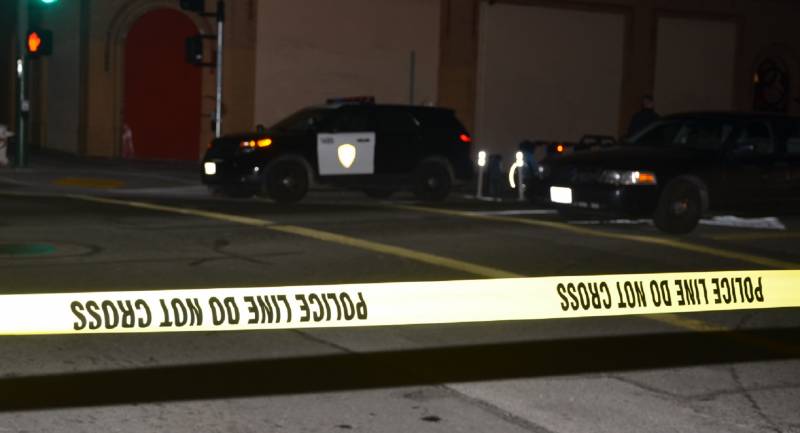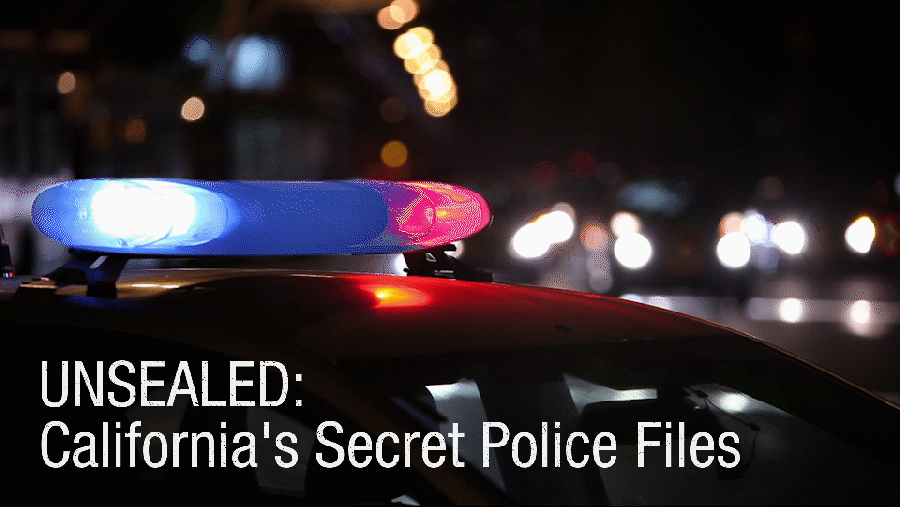After a year and a half, the California Highway Patrol — which employs more than 7,000 peace officers — has only disclosed two records that are responsive to a request for all records between 2014 and 2019. KQED is suing the agency.
Following a month’s grace period, SB 776 would impose a $1,000 fine for each day that an agency delays production of records.
“It doesn't do any good to pass a law that promises public access and then to have no teeth for holding agencies accountable for actually releasing those records,” Skinner said.
SB 773, meanwhile, establishes an advisory board to look at how local 911 systems can shift to relying on social services personnel to respond to non-violent calls. Police shootings and other violent incidents often stem from calls for “welfare checks” for people having mental health and substance abuse emergencies.
“It just makes sense for us, for all of our communities to be engaging people with the appropriate professional training to respond to these kinds of calls,” Skinner said, “and to reserve our officers for responding to things where there really is a public safety threat.”
Law enforcement associations that have opposed some past transparency measures said they are still reviewing the proposed legislation and cannot comment at this time.
SB 776 and SB 773 are currently in the Assembly. If both houses of the state Legislature pass the proposed laws by the end of August, the bills would then go to the governor for consideration.
"I think that there is much more commitment on the part of the people right now to make sure that those laws are in their strongest form," said Melina Abdullah of Black Lives Matter Los Angeles.
Transparency advocates were hopeful Monday.
“I’m optimistic given the new attention being focused on police misconduct in California and beyond that the Legislature will heed this call for more sunlight in the darkest corners of police agencies around the state,” said David Snyder, executive director of the Bay Area-based First Amendment Coalition, which has filed numerous lawsuits to enforce public access to internal police records.
“Of particular note are the financial penalties for police departments that fail to produce records promptly,” he added. “Our experience over the past year and a half shows this is badly needed.”


